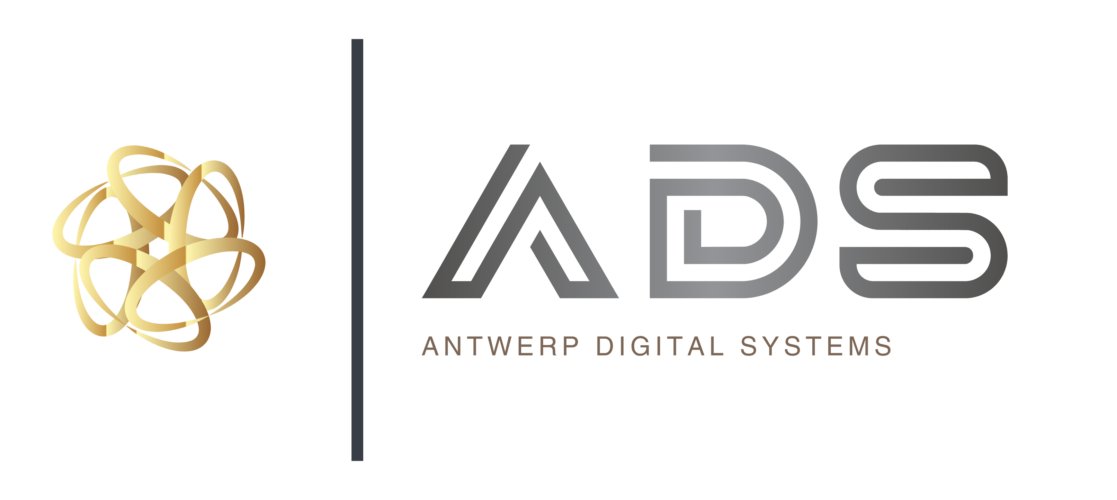Coaxial Cabling
Coaxial cabling, commonly known as coax, has been a cornerstone in the world of telecommunications and data transmission for decades. Its unique construction, featuring a central conductor, insulating layer, metallic shield, and outer cover, allows it to transmit high-frequency signals with minimal interference. Despite the advent of newer technologies, coaxial cables remain relevant and widely used across various sectors. This article explores the diverse use cases for coax cabling, its applications in business environments, and the importance of maintenance and replacement services.
Use Cases for Coaxial Cabling
CCTV Systems
One of the most prevalent applications of coaxial cabling is in Closed-Circuit Television (CCTV) systems. Coax cables are ideal for transmitting video signals from cameras to monitors or recording devices. Their ability to carry high-frequency signals without significant loss ensures clear and reliable video quality, which is crucial for surveillance and security systems.
Television and Broadcast
Coaxial cables are extensively used in the television and broadcasting industry. They deliver cable TV signals from service providers to households and businesses, ensuring high-quality audio and video transmission. Additionally, they are used in studio environments to connect cameras, monitors, and other broadcast equipment.
Internet and Broadband Services
Many internet service providers (ISPs) utilize coaxial cables for broadband internet connections. The coax infrastructure, combined with technologies like DOCSIS (Data Over Cable Service Interface Specification), enables high-speed internet access, supporting both residential and commercial users.
Networking
While Ethernet cables have largely taken over networking, coaxial cables still find use in certain specialized applications. For instance, in environments requiring robust and interference-resistant connections, such as industrial settings, coax can provide a reliable alternative.
Audio System
High-fidelity audio systems often use coaxial cables to connect components like amplifiers, receivers, and speakers. The cables’ ability to minimize signal loss and electromagnetic interference makes them suitable for transmitting high-quality audio signals.
Satellite Communication
Coaxial cables are critical in satellite communication systems, connecting satellite dishes to receivers. They transmit signals with minimal attenuation, ensuring clear reception of satellite TV and internet services.
Applications in Business Sectors
Retail
In retail environments, CCTV systems employing coaxial cables are essential for loss prevention and security. High-quality video surveillance helps monitor store activities, deter theft, and ensure customer and employee safety.
Healthcare
Hospitals and healthcare facilities use coaxial cables for various applications, including CCTV systems for monitoring sensitive areas, cable TV for patient entertainment, and reliable internet connections for telemedicine services.
Education
Schools and universities rely on coaxial cabling for campus-wide video surveillance systems, ensuring the safety of students and staff. Additionally, coax is used in audiovisual setups for classrooms, lecture halls, and broadcasting school events.
Hospitality
Hotels and resorts use coaxial cables to provide cable TV and internet services to guests. Reliable and high-quality signal transmission enhances the guest experience, making coax an integral part of the hospitality infrastructure.
Industrial
In industrial settings, coaxial cables are used for CCTV systems to monitor production lines, warehouses, and perimeter security. Their robustness and resistance to electromagnetic interference make them suitable for harsh environments.
Maintenance and Replacement Services
Despite their durability, coaxial cables can experience wear and tear over time due to environmental factors, physical damage, or technological advancements. Regular maintenance and timely replacement are crucial to ensure uninterrupted and high-quality signal transmission.

Maintenance Services
Inspection and Testing
Regular inspections and testing of coaxial cables help identify issues such as signal loss, physical damage, or corrosion. Early detection allows for prompt corrective actions, preventing potential disruptions.
Cleaning and Adjustments
Dust and debris can accumulate on connectors and cables, affecting signal quality. Our maintenance service includes thorough cleaning and adjustments to ensure optimal performance.
Have a project in mind?
Do not hesitate to say
Replacement Services
Upgrading Infrastructure
As technology evolves, upgrading to higher-quality coaxial cables or newer standards can enhance performance and future-proof your systems. We provide professional replacement services to upgrade your existing infrastructure.
Repair and Replacements
In cases of physical damage or persistent signal issues, replacing damaged sections or entire cables is necessary. Our experts ensure seamless replacements with minimal disruption to your operations.
Why Choose Our Services
With extensive experience in coaxial cabling, we offer comprehensive maintenance and replacement services tailored to your specific needs. Our skilled technicians use state-of-the-art equipment to ensure your coaxial infrastructure remains reliable and efficient. Whether you need regular maintenance, emergency repairs, or a complete system upgrade, we are committed to providing top-notch service to keep your operations running smoothly.

Conclusion
Coaxial cabling continues to be a versatile and reliable solution for various applications across multiple sectors. From CCTV systems and broadcast services to internet connections and audio setups, its role is indispensable. Ensuring the longevity and performance of coaxial cables through regular maintenance and timely replacements is crucial for uninterrupted operations. Trust our expert team to provide the best maintenance and replacement services, ensuring your coaxial cabling infrastructure meets the highest standards of reliability and efficiency.

